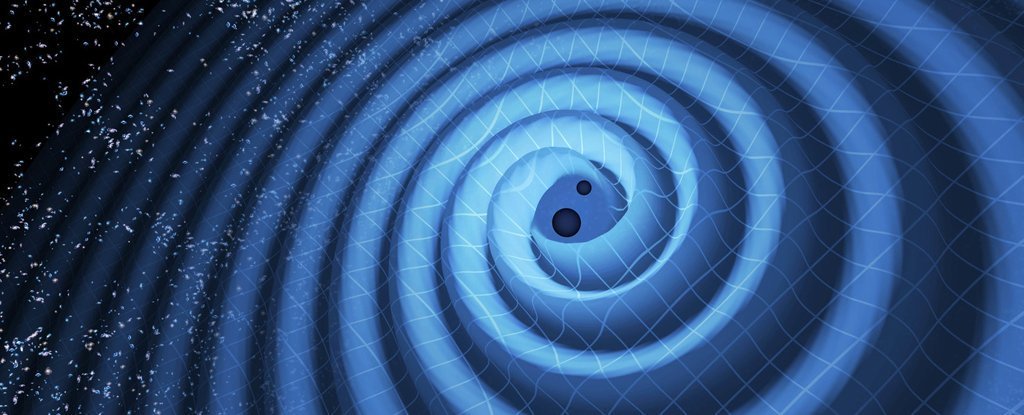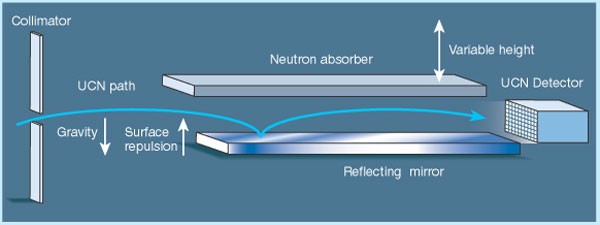1. Where does the energy come from to keep constant motion going at a quantum level (even at absolute zero)?
2. Following on from the above - if constant motion exists within quantum physics where do we see these effects in the wider world ?
(The movement of the planets is not quantum?)
3. Why doesnt quantum motion run out or stop ?
(Same question for the motion of planets)
4. How do quantum particles get effected by changes in gravity ? If not why not ?
I hope someone can help with these questions.

 www.sciencealert.com
www.sciencealert.com
It seems strange that we can observe the effects of gravity on motion, or local mass on gravity, but do not seem to be able to say what creates gravity generally (only what alters it in a local area).
Vienna University of Technology

"Quantum physics states that it is impossible for a particle to be fully at rest in a specific location," says Alessandro Toschi. "Heisenberg's uncertainty principle tells us that position and momentum cannot be ascertained with total precision. Therefore, a particle's position and momentum can still change at absolute zero, even if classic thermal fluctuations are no longer present. These changes are known as quantum fluctuations."
So, when it is too cold for classic shaking movements, quantum physics ensures that physically interesting things can still happen.
2. Following on from the above - if constant motion exists within quantum physics where do we see these effects in the wider world ?
(The movement of the planets is not quantum?)
3. Why doesnt quantum motion run out or stop ?
(Same question for the motion of planets)
4. How do quantum particles get effected by changes in gravity ? If not why not ?
I hope someone can help with these questions.

We've Finally Narrowed Down The Speed of Gravity And The Numbers Are Insane
In the wake of recent news that astronomers finally detected the space-warping boom of colliding neutron stars, measuring the merging of black holes might seem kind of old hat.
It seems strange that we can observe the effects of gravity on motion, or local mass on gravity, but do not seem to be able to say what creates gravity generally (only what alters it in a local area).
Vienna University of Technology
It's never too cold for quantum
The peculiar characteristics demonstrated by 'quantum critical points' at absolute zero remain one of the great unsolved mysteries of science.
www.sciencedaily.com
"Quantum physics states that it is impossible for a particle to be fully at rest in a specific location," says Alessandro Toschi. "Heisenberg's uncertainty principle tells us that position and momentum cannot be ascertained with total precision. Therefore, a particle's position and momentum can still change at absolute zero, even if classic thermal fluctuations are no longer present. These changes are known as quantum fluctuations."
So, when it is too cold for classic shaking movements, quantum physics ensures that physically interesting things can still happen.



